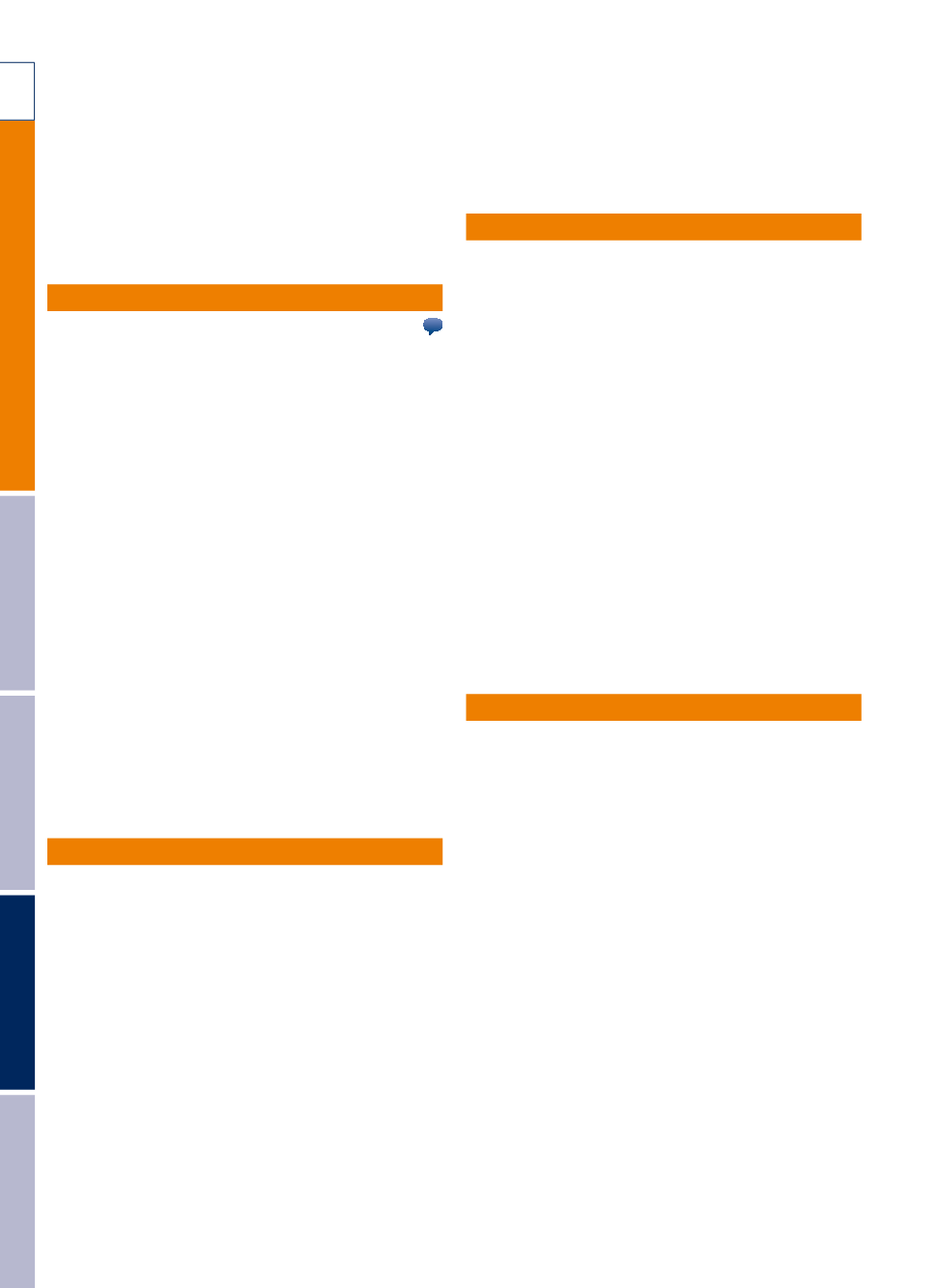

MONDAY
TUESDAY
WEDNESDAY
THURSDAY
SCIENTIFIC PROGRAMME
178
002
Reflecting and being reflected: about artists
stimulating the therapists' creativity
Ioana Atger, France
003
Creative mediations with violent adolescents
Adeline Gourbil, France
004
Wölfli and Morgenthaler: psychoanalytic
discovery of an insane artist
Jeremie Sinzelle, France
S-249
Symposium
10:00– 11:30
|
Hall London 3
TOPIC 22:
Community and social psychiatry
Intercultural opening in treatment of immigrants
and ethnic minorities
›
DGPPN Section: Intercultural Psychiatry and Psycho-
therapy, Migration
›
EPA – European Psychiatric Association
Chairs:
Meryam Schouler-Ocak, Germany
Marianne C. Kastrup, Denmark
001
EPA – guidance on mental health care of
immigrants
Iris Tatjana Graef-Calliess, Germany
002
Cultural competence in mental health care of
immigrants
Adil Qureshi, Spain
003
Cultural formulation interview in mental health
care of immigrants
Hans Rohlof, The Netherlands
004
Ways of treating immigrants in mental health
care institutions
Sofie Bäärnhielm, Sweden
S-250
Symposium
10:00– 11:30
|
Room Weimar 3
TOPIC 18:
Pharmacotherapy
Clozapine revisited: efficacy data, utilisation trends,
and what to do about clozapine under-prescribing
Chairs:
Christian Bachmann, Germany
Dan Siskind, Australia
001
Is clozapine the most effective anti-psychotic
for treatment-refractory schizophrenia?
Dan Siskind, Australia
002
Trends and differences in clozapine utilisation
in 17 countries worldwide
Christian Bachmann, Germany
003
Geographical disparities in clozapine utilisation
in France
Hélène Verdoux, France
004
Why isn't clozapine prescribed more?
David Taylor, United Kingdom
S-251
Symposium
10:00– 11:30
|
Room Weimar 1
TOPIC 37:
Stigma and mental health
Joining efforts: relatives, researchers and peers
against stigma
Chairs:
Georg Schomerus, Germany
Patrick W. Corrigan, USA
001
What can research contribute to anti-stigma
work?
Patrick W. Corrigan, USA
002
The relatives' perspective on anti-stigma work
Janine Berg-Peer, Germany
003
User involvement in anti-stigma work
Stephanie Kay Ventling, Switzerland
004
25 years of bottom-up anti-stigma work in
Hamburg – an EU best practice model
Ute Trescher, Germany
Silke Kühnemund, Germany
Thomas Bock, Germany
S-252
Symposium
10:00– 11:30
|
Room Lindau 3
TOPIC 1:
Neurocognitive disorders, organic mental
disorders, dementia
Subjective cognitive decline and the pre-MCI stage
of Alzheimer's disease
Chairs:
Frank Jessen, Germany
Steffen Wolfsgruber, Germany
001
Evaluation of subjective cognitive decline (SCD)
as an early indicator of Alzheimer's disease: design
and baseline data of the DZNE DELCODE study
Frank Jessen, Germany
002
Specific neurocognitive impairments in preclin-
ical and prodromal AD
Steffen Wolfsgruber, Germany
003
Usefulness and stability of multicenter diffu-
sion tensor imaging as an early marker for subjec-
tive cognitive decline and amnestic mild cognitive
impairment – first results from the prospective
DZNE DELCODE study
Katharina Brüggen, Germany


















